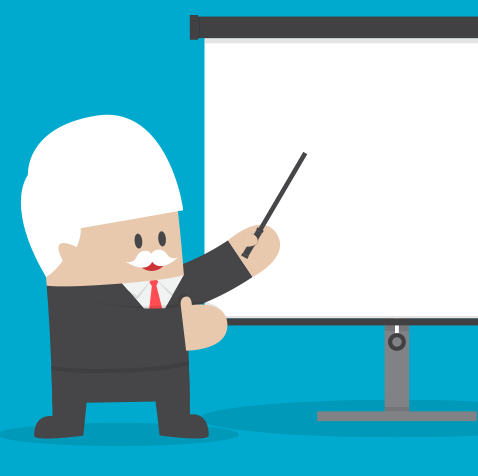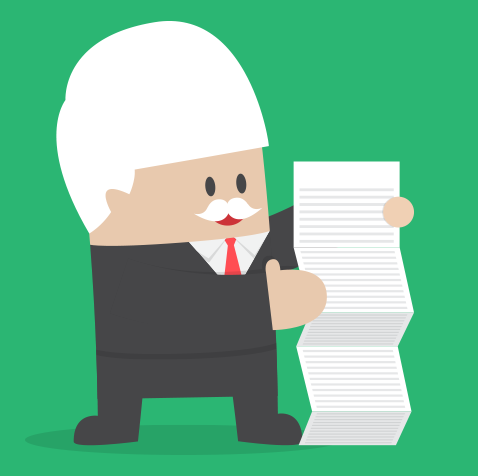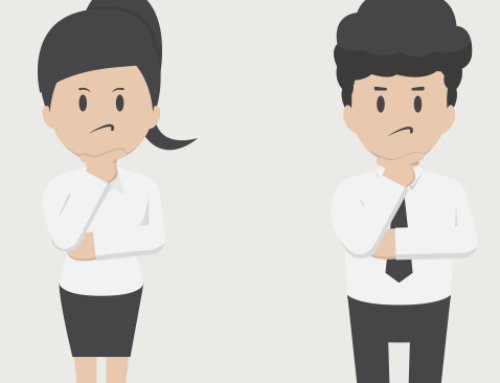Five Ways Legal Coaching Can Help You in Family Court
Traditional legal services involve a lawyer providing full representation from preparing the file to acting for the client. However, traditional legal services are expensive and many people are choosing not to hire legal help. One study shows that 64% of people beginning family court proceedings in Ontario are representing themselves. Legal coaching is a convenient, affordable option that can help you prepare to represent yourself in family court or mediation.
What’s Legal Coaching?
Legal coaching involves working with an experienced lawyer who coaches you to represent yourself in family court or mediation. The lawyer does not represent you. Legal Coaches help you navigate the family law process, help you effectively present your case, or help you to prepare documents. With The Family Law Coach, prices are provided in advance so you can determine what you’re willing to spend and stay within your budget. Our legal coaching services can be provided by phone, email, or video chat. Instead of traveling to a lawyer’s office, you can speak with an experienced lawyer at a time that’s convenient for you.
Below are just some of the ways that legal coaching can help you feel prepared for your family law case or mediation.
1. Provide information about the legal system and the process.
Family court or mediation involves navigating a complex system. There are many steps, many forms, and many best practices. Family law lawyers have a significant experience in navigating the process. While there are online resources and court staff are available, it always helps to have someone to talk to. A legal coach can help you navigate your next steps with confidence.
2. Help you to manage expectations.
When it comes to your legal case, it’s important to ask the judge for a fair outcome. A family court case is not a negotiation. The judge will either rule in your favour or rule in the other side’s favour. If you arrive with unrealistic expectations and the other side asks for a reasonable outcome, the judge is more likely to rule in favour of the other side. A legal coach can help you to understand what you can reasonably expect given the the facts of your case.
3. Understand the strengths and weakness of your case.
When you’re going through family court or mediation, it can be difficult to look your matter objectively. You may think a story where you were wronged by your ex is relevant, but the judge or mediator may not agree. A judge will be more likely to rule in your favour if you stick to the facts and arguments that help your case. In addition to helping you organize your case, a legal coach can help you understand your ex’s strengths and weaknesses and help you develop a strategy to respond to their arguments. Practical advice can help you make your arguments stronger and increase your chances of a fair outcome.
4. Offer advice and guidance.
When representing yourself in family court it’s helpful to have someone explain the legal rules for your case, and also show you how to apply these rules effectively to your arguments. Having the advice of a knowledgeable legal coach can save you a lot of time and frustration. Your legal coach can review your plans or assist you when you face areas of confusion. If using mediation for your separation, a legal coach can help you identify if your agreement is fair or whether it would have unintended consequences down the road before you sign.
5. Present your case effectively.
How you present your case is almost as important as the facts themselves. Your legal coach can provide advice on how to make sure you make a good impression with the judge. Your coach can help with advice on what to wear, how to speak to the judge, how to stick to the facts, and more. Feeling like you’re informed will help you present with confidence and demonstrate to the judge that you have something important to say. Communicating clearly and gaining the respect of your judge will have a positive impact on the outcome of your case.
When entering the family law process, you have to remember that the final result will impact your life for many years to come. It’s necessary to show that you’re prepared, confident, and can effectively present your case. Working with a legal coach can help you navigate a system that can be intimidating and overwhelming. With a legal coach you stay in control of your case and get help where you need it to increase your chances of a desirable outcome.
You can find a legal coach by approaching local lawyers to discuss their fees for legal coaching as an unbundled service. The Family Law Coach offers fixed fee coaching services where you can communicate with an experienced lawyer at your own convenience. A dedicated lawyer will work with you remotely and provide support by phone, email or video chat. There’s no need to take time off work or arrange for child care. Visit our Personalized Coach service for more information about how The Family Law Coach can help you with your family court case or mediation.
















